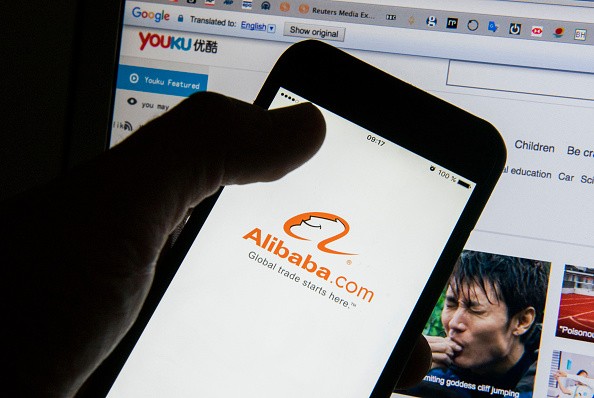Chinese e-commerce titan Alibaba is set to welcome the Year of the Rooster with a bang as it raises its revenue outlook for fiscal year 2017, The Wall Street Journal reported.
The company is projecting a 53-percent increase in sales, up from its earlier estimates of 48 percent. Profits for the third quarter jumped 38 percent to 17.2 billion yuan ($2.57 billion), thanks to a healthy online shopping scene.
The company is largely benefiting from China's buoyant e-commerce market. Official figures recorded a 26-percent increase in online sales of goods and services, translating to 5.16 trillion yuan.
Alibaba's Single's Day, China's version of America's Black Friday and one of the world's largest shopping festivals, also contributed largely to Jack Ma's empire. The Nov. 11 annual event recorded 120.7 billion yuan in sales, a 32-percent increase from 2015 levels.
In the digital media and entertainment segments, Alibaba tripled its revenue to a staggering $585 million. The company said it plans to splurge more on this consolidated business with a 50 billion yuan investment earmarked for the next three years.
"We feel positive about the growth of the entire cloud computing market in China," Alibaba vice chairman Joe Tsai was quoted as saying by the WSJ.
While Alibaba posted better-than-expected earnings, the company is still being haunted by several issues that could pose a risk to its position as one of the most powerful tech companies in the world.
Last year, Alibaba had been subjected to an investigation questioning its accounting practices. The company also remains under scrutiny as some brands expressed their worry over its failure to eliminate counterfeit products on its online shopping sites.
In December, the U.S. added Alibaba's online arm Taobao back to the list of "notorious markets" for counterfeits. Alibaba dismissed this, with company president Michael Evans saying in a BBC report that he was "disappointed" by the decision.



























